NEW YORK—Democratic voters in America’s premier metropolis are resigned. Out of 8.3 million residents, their choices for mayor apparently boil down to Andrew Cuomo, who four years ago resigned as governor amid sexual harassment allegations, and Zohran Mamdani, a neophyte socialist state legislator so left-wing he makes progressives look pragmatic.
City Comptroller Brad Lander, not flashy but experienced and knowledgeable, would seem like the perfect antidote for a party itching for change and five boroughs craving steady competence after nearly four years of controversy and mismanagement under New York Mayor Eric Adams, who’s running for reelection as an independent. But polls conducted in the run-up to Tuesday’s Democratic primary show Cuomo headed for victory in this ranked-choice contest, with Mamdani set to finish second. Neither Lander, 55, nor the six other Democrats running come remotely close to contending.
“It’s a sad fact that people go for glitz and name recognition,” Lander supporter Barat Ellman, a rabbi, lamented Thursday during a brief interview with The Dispatch after attending a modest Lander campaign rally in Brooklyn’s leafy Park Slope neighborhood.
Cuomo, 67, has the name recognition, and in spades. His father is Mario Cuomo, a beloved former three-term governor who died in 2015. The mayoral frontrunner was elected New York attorney general in 2006 and captured the governor’s mansion in 2010. In the middle of Cuomo’s third term in Albany, the daily televised briefings he held to update the public on the coronavirus thrust him into the spotlight, until he resigned in 2021 amid questions about his pandemic leadership and accusations of sexual misconduct from several women.
Mamdani, 33, has the glitz. The New York state assemblyman is charismatic on the stump, telegenic in front of a camera, and adept at amplifying his message on social media. Like many populists, Mamdani has a keen sense of voters’ struggles and blames convenient culprits, in this case wealthy New Yorkers and corporations, while offering painless solutions. During this campaign those have included taxpayer-subsidized bus service and daycare that Mamdani calls “free,” a $30 minimum wage, a rent freeze, and city-owned grocery stores.
Bradley Tusk, an independent political operative and government affairs executive in New York, told The Dispatch that voters have responded to Mamdani because “he’s energetic and dynamic and people like the idea of free stuff.” Mara Gay, the New York Times columnist, credits Mamdani’s competitiveness to liberal voters’ desperation for leadership that is both fresh and bold. “Faced with more of the same, a significant part of the Democratic base seems to be veering toward drastic action by supporting Mr. Mamdani,” she wrote.
“He’s so joyful,” Mamdani supporter Siena Chrisman, who works in politics, told The Dispatch outside of an early voting site in Brooklyn. “I’ve been telling people—being involved in the campaign is one of the very few things that has actually brought me joy in the last six months.”
Mamdani’s rising prospects notwithstanding, he’s unlikely to trump “more of the same.” Cuomo led Mamdani by 13 percentage points, 8 points, and 12 points in the three most recent public opinion polls. And in the survey from Marist University in Poughkeepsie, New York, conducted June 9-12, Cuomo broke the 50 percent threshold for outright victory, outpacing Mamdani 55 percent to 45 percent.
Cuomo’s decade running the state is especially appealing to Democratic voters broadly because of anxiety about public safety (subway crime and violence), homelessness, and a sense that New York looks disorderly, with ebikes and scooters scattered randomly on city sidewalks. And while Mamdani has focused relentlessly on housing affordability, perhaps the No. 1 issue in the mayor’s race, his lack of executive experience and concerns that his unabashedly socialist proposals are unrealistic, is pushing voters to the only viable alternative: Cuomo.
Mamdani has another political challenge that could sink his campaign. Many Jewish voters—roughly 12 percent of New York’s population and most of whom are Democrats—don’t trust him to combat antisemitism.
Mamdani is a vocal critic of Israel who has declined to support its right to exist as a Jewish state. And in an interview with The Bulwark, he embraced the phrase “globalize the intifada” as “a desperate desire for equality and equal rights in standing up for Palestinian human rights.” That’s a deal-killer for many Jews, fearful of antisemitic violence in the wake of attacks carried out in the United States by suspects sympathetic to the Palestinian cause.
“We’re just very unappreciative when people minimize statements like ‘globalize the intifada,’” Ramon Maislen, a Jewish political activist in Brooklyn, told The Dispatch. “I would support anybody but Mamdani because I feel like he’s actually actively helping to normalize certain forms of hatred and make it seem acceptable and it’s disturbing.” Maislen, who said he is a “proud, registered Democrat,” runs Brooklyn BridgeBuilders, a political action committee formed to pressure party officials and politicians in New York to be more responsive to Jewish voters’ concerns about antisemitism.
(Lander, who is Jewish, and Mamdani have cross-endorsed each other, part of a last-ditch effort to use New York’s ranked-choice voting system, which essentially functions as an instant run-off election, to block Cuomo from the winner’s platform. But those additional votes are only counted if the first-place finisher falls short of 50 percent in Round 1. If that’s the case, the process repeats itself, four times if necessary, as the voters’ additional choices are added to candidates’ tabulations, in order of preference. The winner will presumably face Adams, fellow independent Jim Walden, and Republican Curtis Sliwa in the November general election.)
Hovering over the New York mayor’s race like a stalled-out summer thunderstorm is President Donald Trump.
Lander has tried to vault into contention in the waning days of the campaign by focusing on his opposition to Trump’s aggressive effort to deport illegal immigrants, a dragnet that sometimes employs legally questionable tactics. Last week, he was arrested at a U.S. government courthouse for allegedly assaulting federal law enforcement while attempting to obstruct the arrest of a Venezuelan migrant who, according to Lander, had his status as an asylum-seeker revoked by a judge. It’s not the first time Lander attended such proceedings.
A couple of days later, as Lander addressed about three dozen supporters who gathered for the street-corner campaign rally in affluent Park Slope, his focus was again on Trump and his administration’s deportation program. “It is clear, our country is facing a crisis, with Donald Trump corrupting the fundamental idea of equal justice under law and eroding the very pillars that our democracy is built on,” Lander said, flanked by his wife, two children, and extended family members, in remarks his campaign billed as a “closing argument” speech.
Yet during a subsequent news conference, when The Dispatch asked Lander if voters want their next mayor to fixate on undermining Trump, versus devoting their time and attention to the myriad quality-of-life issues plaguing the city, he said flatly that “no, no,” that’s not what they want, he responded. “I feel like what most New Yorkers want is an affordable home for their families and a safe neighborhood where they can raise them and a good school for their kids and to lower their cost of living.”
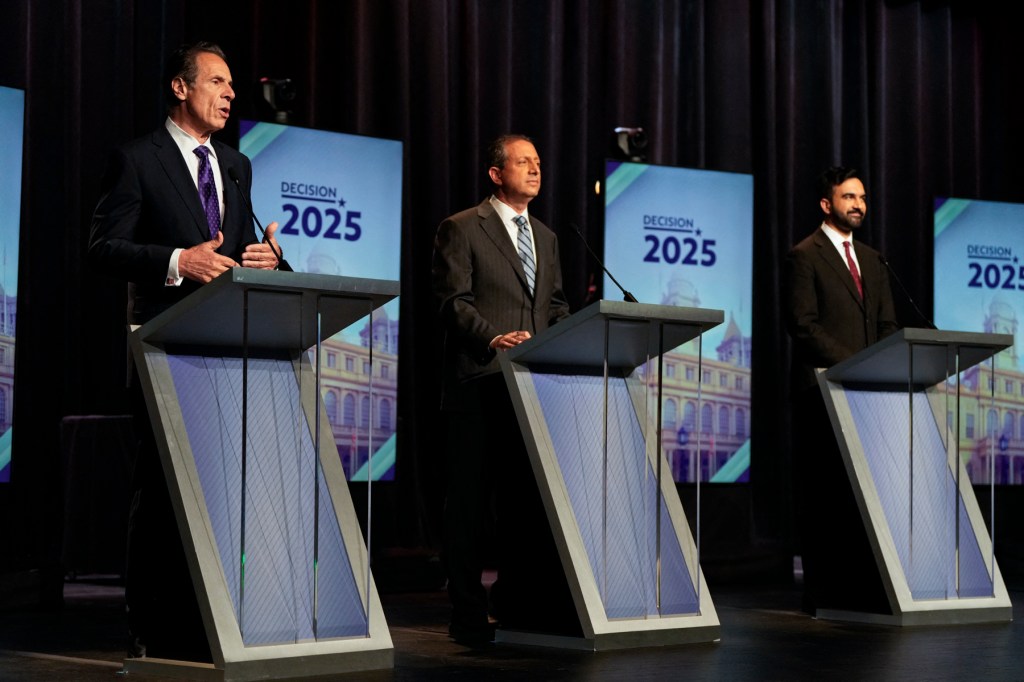

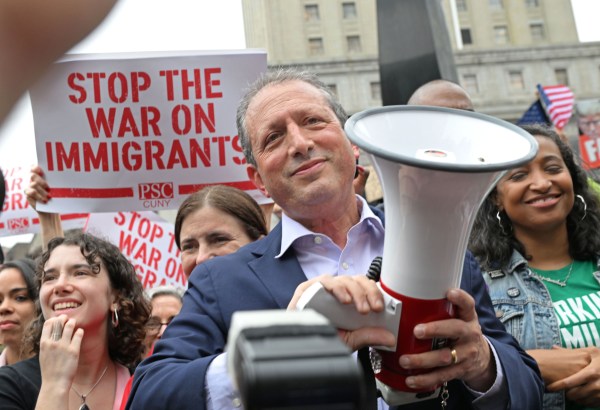
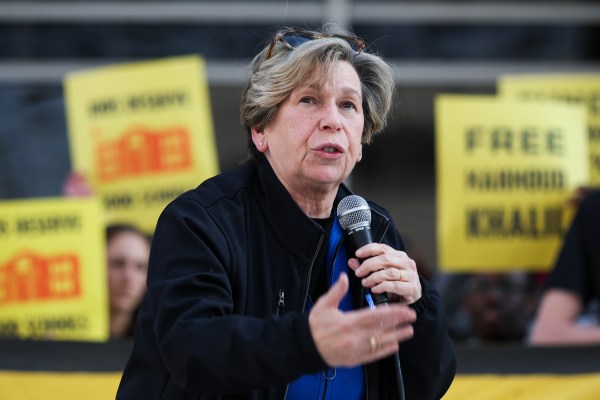
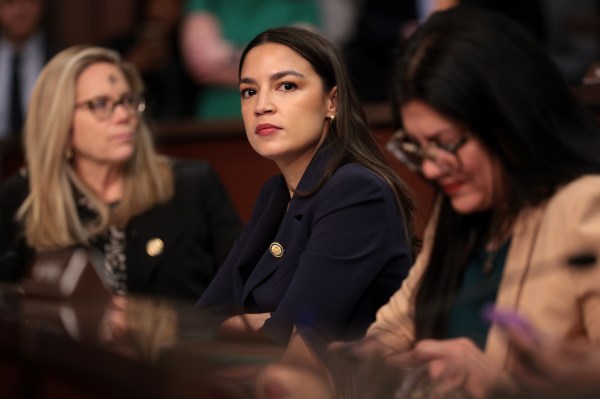

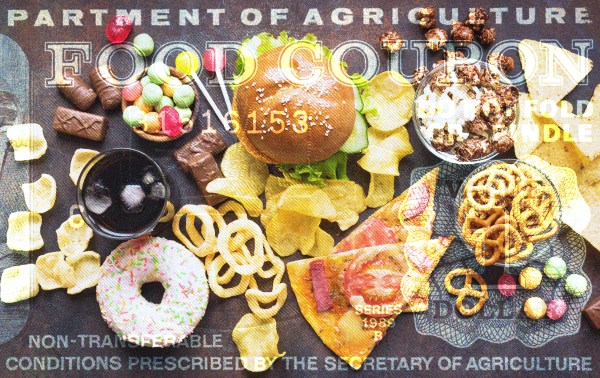


Please note that we at The Dispatch hold ourselves, our work, and our commenters to a higher standard than other places on the internet. We welcome comments that foster genuine debate or discussion—including comments critical of us or our work—but responses that include ad hominem attacks on fellow Dispatch members or are intended to stoke fear and anger may be moderated.
With your membership, you only have the ability to comment on The Morning Dispatch articles. Consider upgrading to join the conversation everywhere.